Many countries are currently in various stages in developing their own central bank digital currencies. The Central Bank of the Russian Federation (CBR) appears to be open to foreigners to use and own its planned digital ruble and views it as safer compared to cryptocurrencies such as Bitcoin (BTC) and Ether (ETH).
Russia’s monetary authority will allow users not residing within its jurisdiction to open and use digital ruble wallets and will facilitate the CBDC’s conversion to foreign currencies by non-residents, according to Bitcoin.com. This was revealed in the recently published “Main Directions for Digitalization of the Financial Market, 2022 – 2024” report.
In 2018, the regulator started considering a CBDC and explored the possibility of issuing a digital ruble in 2020. After holding public consultation that lasted until December 2020, the Bank of Russia announced in October that it plans to launch a CBDC pilot next year.
Along with the announcement, the regulator also said that five banks already plan to participate in the testing, which is expected to commence by January 2022. These include the Russian National Commercial Bank, Credit Bank of Moscow, Bank Zenit, Promsvyazbank, and Dom.RF but the CBR said that it plans to eventually expand the types of transactions and the participants.
Credit organizations will be invited during the first stage of the CBDC trials to carry out consumer-to-consumer operations. Meanwhile, exchanges, brokers, insurance firms, non-bank payment service providers, and the Federal Treasury will join the second phase of the pilot.
The Bank of Russia plans to introduce user features into the digital rubble such as an offline mode, smart contracts, and the ability to covert the CBDC into foreign currency. The regulator expects that the ability to use the digital rubble offline could increase the availability of financial services to its users.
In its report, the monetary authority also pointed out the potential risks in private cryptocurrencies such as Bitcoin. The CBR noted that the highly volatile prices of cryptos make them unsuitable as a means of payment.









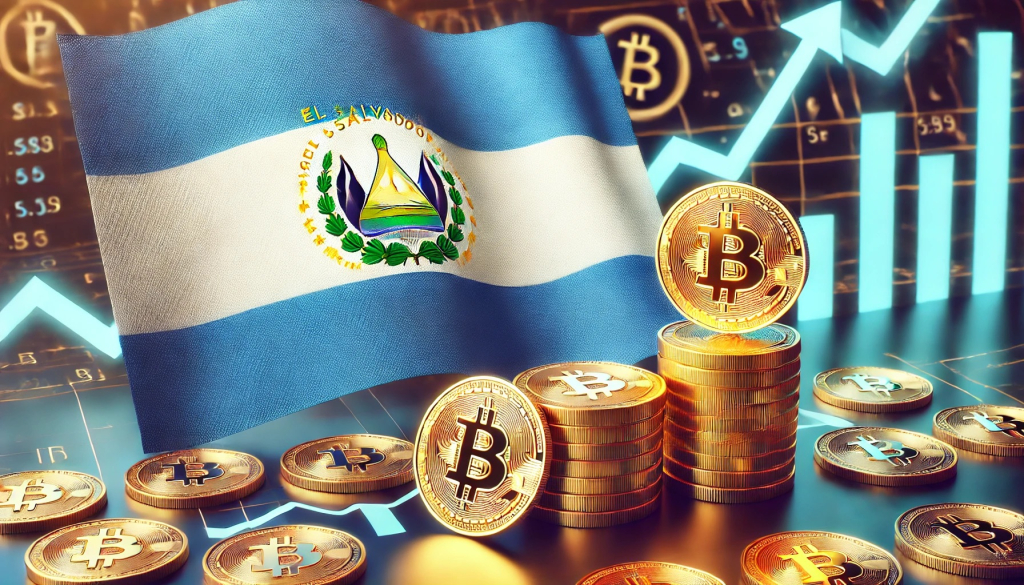









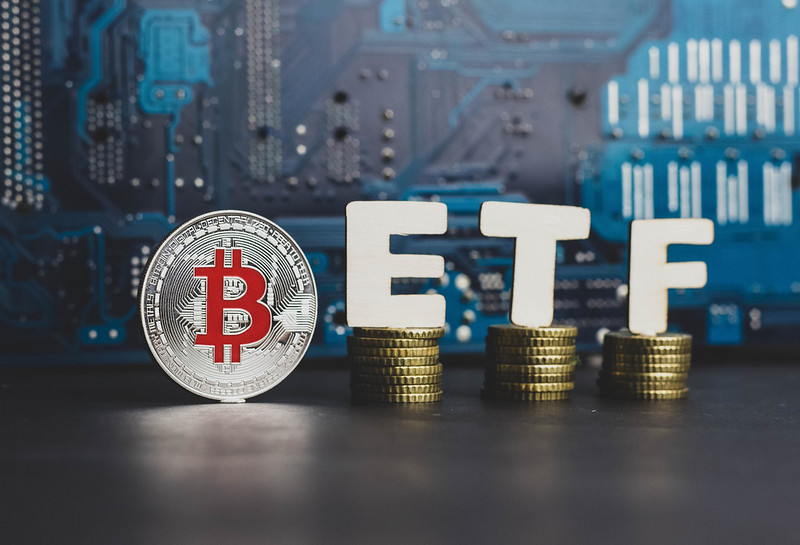
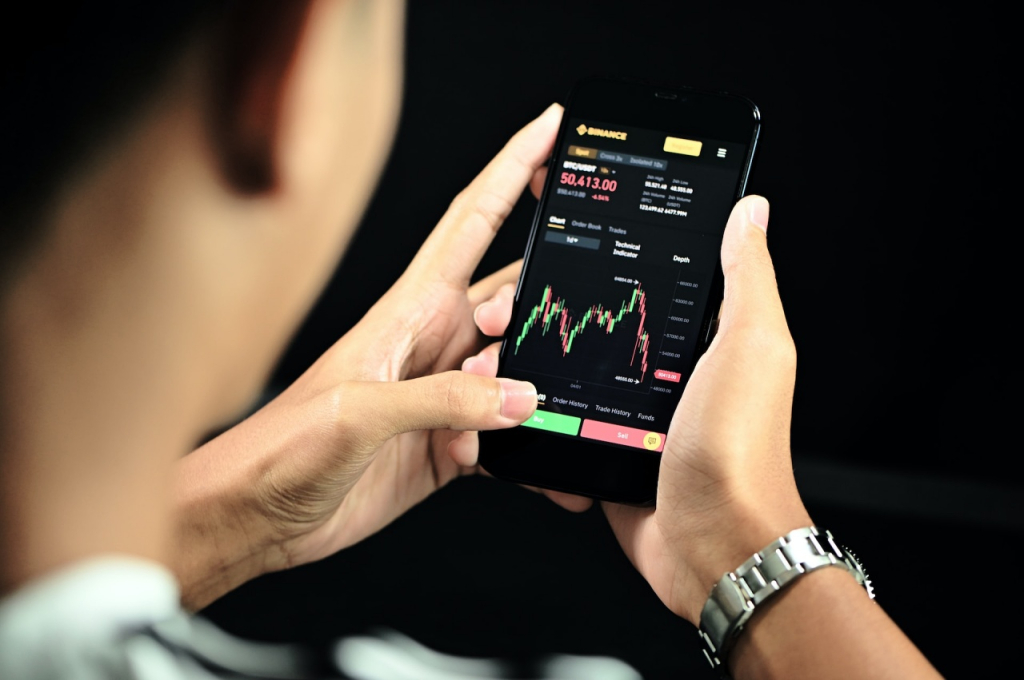
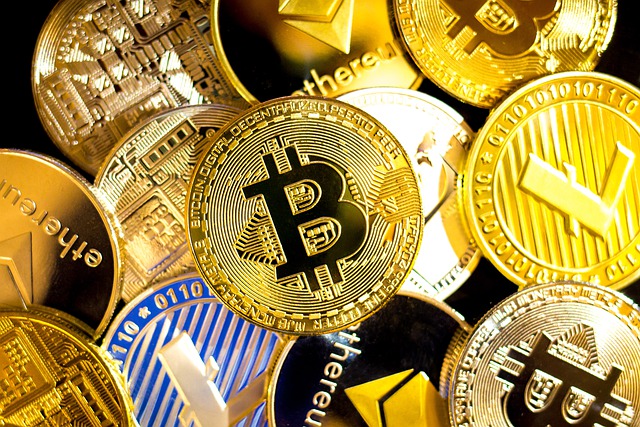



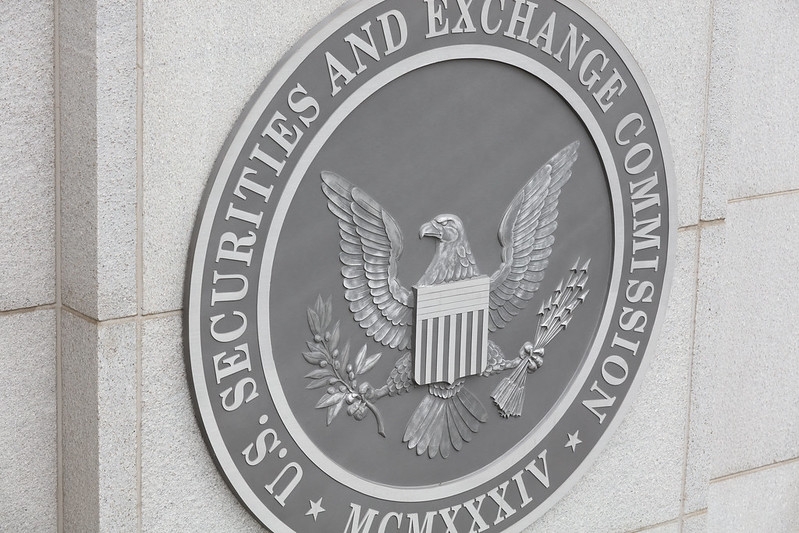

Comment 37